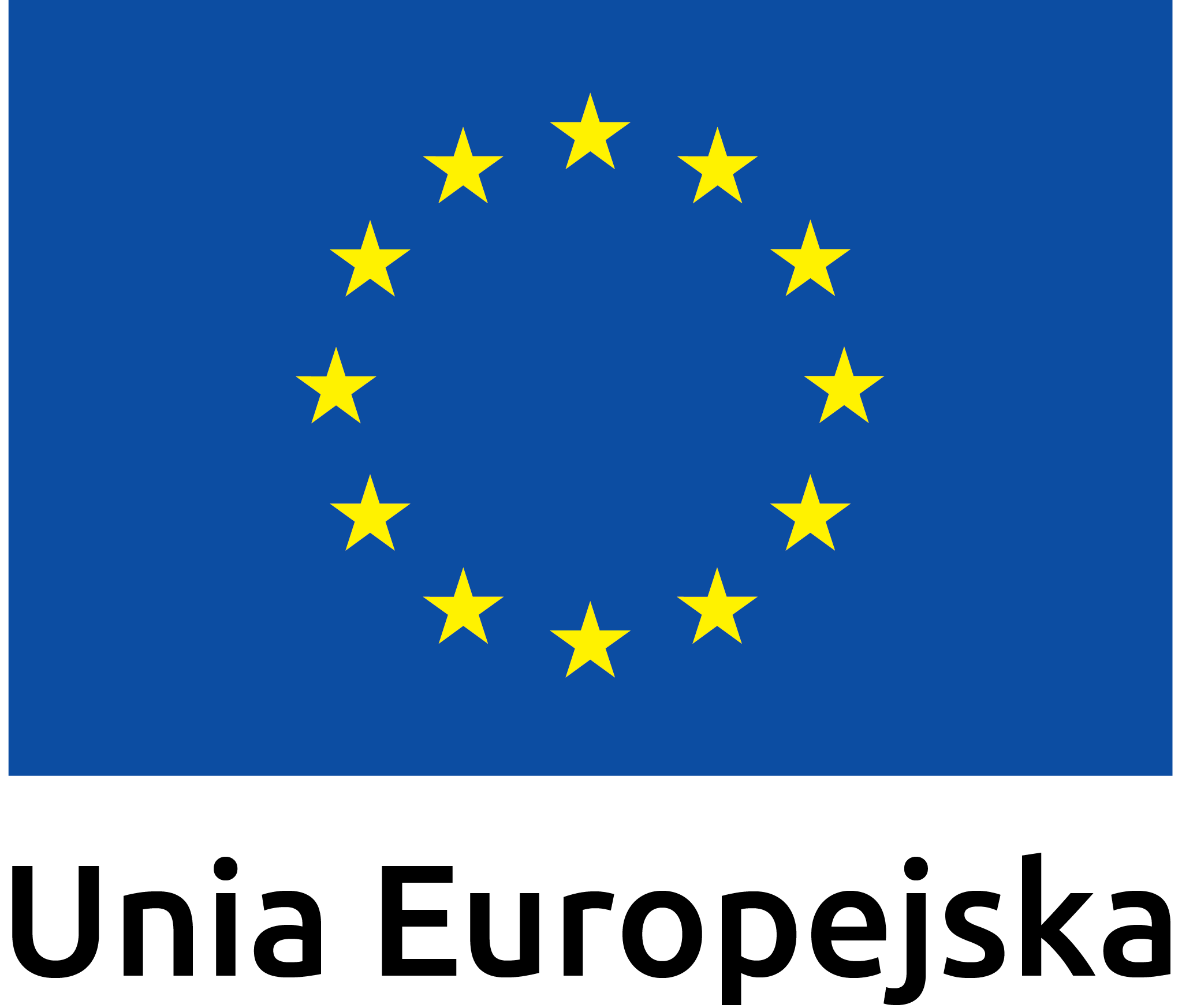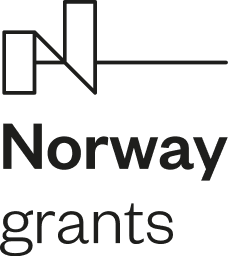Practical Guide to Studying Abroad in Poland
This guide provides essential information for potential candidates considering studying in Poland.
1. Language
While many Poles speak English, learning basic Polish phrases can enhance your experience and help you connect with locals.
2. Health Insurance
Health insurance is mandatory for all students. You can choose between the National Health Fund (NFZ) or private health insurance that covers necessary medical treatments.
3. Currency and Payments
- Currency: The currency in Poland is the Polish Zloty (PLN).
- Payment Methods: Credit and debit cards are widely accepted. Mobile payment options like BLIK, Apple Pay, and Google Pay are also popular for convenient transactions.
4. Emergency Contacts
- Emergency Services: Dial 112 for police, fire, or medical emergencies.
- Local Police: Contact local police stations for non-emergency assistance.
5. Transportation
Poland has a reliable public transport system, including buses, trams, and trains. Major cities like Warsaw and Kraków offer:
- Buses and Trams: Operated by municipal transport authorities, with tickets available for single journeys, daily, weekly, and monthly use.
- Metro: Warsaw has a well-developed metro system.
- Trains: Connect cities and regions, with various ticket options.
Taxis and Ridesharing
Taxis are available but can be costly. Ridesharing apps like Uber and Bolt are popular and usually more affordable.
6. Voltage and Electrical Outlets
- Voltage: Poland uses 230 V, 50 Hz.
- Outlets: Type E plugs (two round pins) are standard. Bring an adapter if your devices use a different plug type.
7. Measurement System
Poland uses the metric system:
- Length: Meters (m), kilometers (km)
- Weight: Kilograms (kg), grams (g)
- Temperature: Celsius (°C)
Below you will find information about the approximate prices of various everyday products.
| Food products | |
| loaf of bread | from 3zł |
| butter (200 g) | from 7zł |
| milk (1 l) | from 3zł |
| pasta (0,5 kg) | from 4zł |
| rice (0,5 kg) | from 4zł |
| potatoes | from 3zł / 1kg |
| apples | from 5zł / 1kg |
| bananas | from 7zł / 1kg |
| whole chicken | from 13zł / 1kg |
| boneless loin | from 14zł / 1kg |
| minced beef and pork | from 19zł / 1kg |
| eggs | from 8zł / 10 sztuk |
| Chemical products | |
| toothpaste | from 7zł |
| shower gel | from 9zł |
| shampoo | from 9zł |
| washing-up liquid (e.g. dishes, bathroom, cookers) | from 10zł |
| Clothing (prices of cheaper clothes in chain stores) | |
| men's shirt | from 90zł |
| men's trousers | from 120zł |
| jumper | from 80zł |
| jacket | from 100zł |
| blouse | from 70zł |
| skirt | from 90zł |
| sneakers | from 80zł |
| Hairdressing services (in chain stores) | |
| men's haircut | from 55zł to 150zł |
| women's haircut | |
8. Accommodation
The average cost of a place in a state university dormitory is PLN 550-850, in a private dormitory PLN 1200-2200, the price of a room to rent in a shared apartment PLN 1000-1800, and the rent of a studio flat PLN 2000-3000. An apartment with 2-3 rooms costs 3000-4500 PLN.
9. Currency
The Polish currency is the Polish zloty (zł, PLN). One zloty is 100 groszy (gr). There are 10, 20, 50, 100 and 200 PLN banknotes in circulation as well as 1, 2, 5, 10, 20 and 50 groszy coins and 1, 2 and 5 PLN coins.
PPoland's entry into the EURO currency zone is not known yet, it is still not clear whether this currency will be introduced.
You can change your currency at numerous exchange offices and banks. Most of these facilities can be found in the vicinity of the city centre, at railway stations, airports, in places attracting many tourists and in some hotels. Information on the current exchange rate can be found on the National Bank of Poland's website: http://www.nbp.pl/Kursy/Kursya.html













